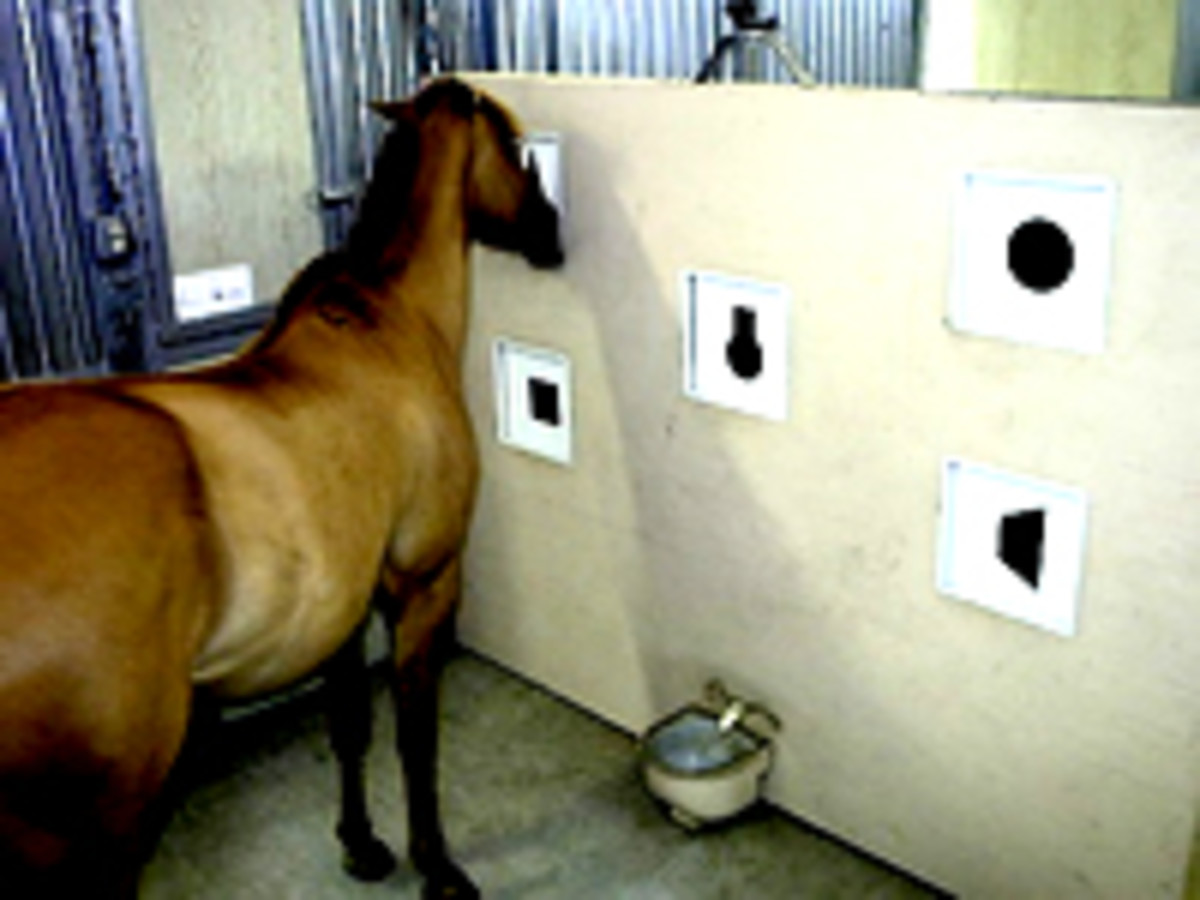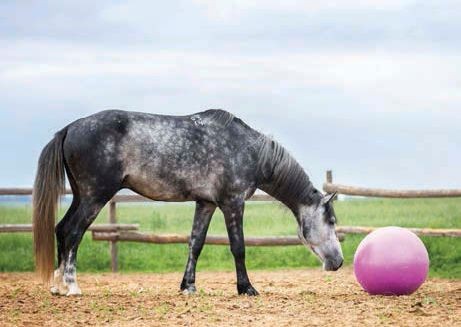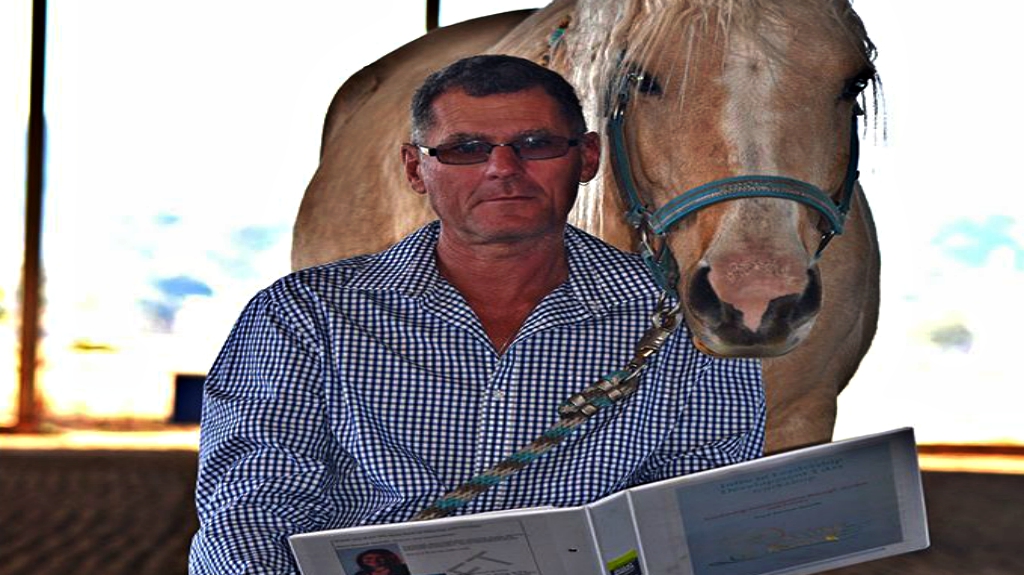There are a lot of misconceptions when it comes to horses’ intelligence. The fact that they are prey animals makes people assume that horses are simply a product of their instincts, basing all their actions on reflex alone. Basic assumptions state that horses do not think; horses are simply response animals; horses cannot conclude; horses have no sense of concept; horses are color blind and many more misconceptions. On the contrary, horses run not only ordinary daily tasks but also mental difficulties as well. In the wild, they must deal with a lack of food and water or predators that often switch locations and habits. Dr. Robert M. Miller, an equine veterinarian has prepared a detailed list showing the way horses think in nine concise points.


1.Flightiness Does Not Equal Lack of Intelligence
There are a lot of people who link horses’ flightiness as a sign that they’re not very clever, but it’s essential to realize that flight equals life for horses, who must defeat their natural predators of cougars, wolves, bears in order for them to survive.


2.Horses’ Senses Are Incredible
As you know responding fast is the most important matter for horses, therefore they have evolved into astonishingly sensitive senses, from their vision to their nose and real awareness. Miller says they’re the most rational of all domestic animals, with a perfect skill to sense even the slightest changes in position in a rider on its back and see with virtually 360-degree vision. Because a horse’s eyes are set on the sides of its head, it’s able to see what’s on both sides, but their pitch perception hurts as a result. This is why horses stop before crossing a river, they first want to wait until they have memorized the route or come to trust their rider.


3.Horses Learn and Are Desensitized Quickly
Miller believes that horses are faster than most animals. They are able to decide what’s a threat and what’s not, which is fundamental for a prey animal like a horse. if you’re a flight animal and an unfamiliar incentive — a thing you’ve never seen before or sound you’ve never heard, accelerates flight, if that stimulus was harmless and you didn’t quickly desensitize to it, you’d never stop running.


4.Horses Have the Fastest Reply Times of All Domestic Animals
This is both a blessing and a curse, therefore it is a very important detail to remember if you spend any time around these noble animals. “If a horse seeks to kick you’re going to get hurt. We simply can’t move that fast,” Miller says. This is particularly important if you’re standing in one of horses’ two “blind spots” — directly in front of or in back of them. You should always talk to a horse when surrounding these areas so the horse knows you’re there and doesn’t become scared.


5.Horses Have Excellent Memories
Miller states horses never forget, and this holds both great and terrible experiences. He later visited a horse, Cimba, whom his daughter had a solid relationship with more than seven years ago. They didn’t know if he would remember her when they went to the barn, but his response was clear and heartwarming; he was as happy to see her as she was to see him.


6.Horses Are Easily Dominated
Horses are herd animals and there are heads and followers within the group. Horses are considered as the most easily dominated among domestic animals, willingly accepting leadership from other horses or humans, provided the leader uses the appropriate behaviors. In the wild, the leader of the herd is typically an older mare, which some think it earns its alpha role not by force or strength, but rather by experience and character, according to Carey A. Williams, Ph.D., extension specialist in equine management at Rutgers University.


7.Horses Have Their Own Body Language
Miller thinks it’s crucial to learn horses’ bodily signals. A horse with its head down, as it is during grazing, signals obedience and trust whereas a horse with its head up suggests it’s vigilant and considering flight. He also suggests using non-predatory body postures when nearing a horse, such as avoiding gazing at the horse and keeping a comfortable posture.


8.Controlling a Horse’s Feet Leads to Control of Their Mind
If you control a horse’s movement, you’re in charge of commanding the horse, because a horse relies on its feet and technique to flee to survive.


9.Horses Hit the Ground Running
Horses are able to stand on their feet and run shortly after giving birth and have full control of their senses. It’s during this time, in the first few days after birth, that imprinting is most excellent and foals rapidly learn to distinguish threats.


